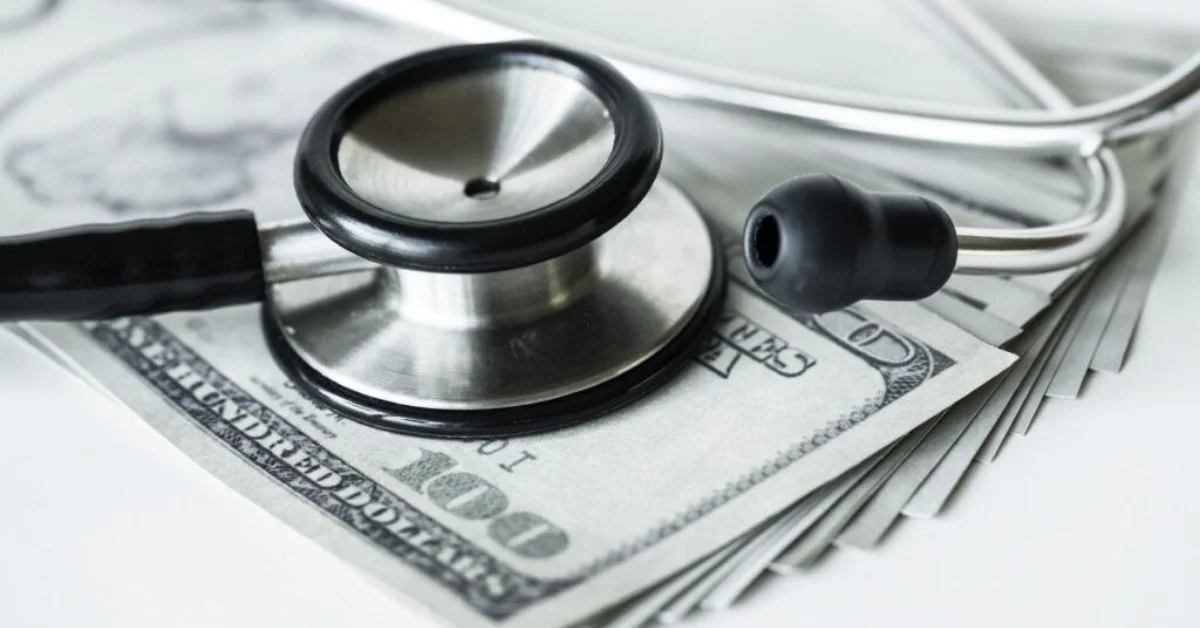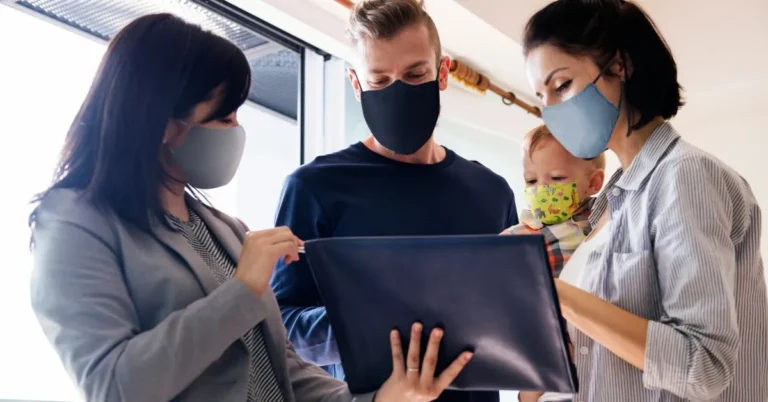Rehabilitation Expenses: A Loss That Most Accident Victims Ignore
Accidents can change lives in an instant. Beyond the physical injuries, there are many hidden costs that victims often overlook, especially when it comes to rehabilitation expenses.
Understanding these costs is crucial for anyone who has suffered an accident.
In this blog, we’ll discuss rehabilitation expenses and how personal injury lawyers can help you navigate this often-ignored aspect of recovery.
What Are Rehabilitation Expenses?
Rehabilitation expenses refer to the costs of restoring a person’s health and functionality after an accident. These expenses can vary widely depending on the severity of the injury, the type of rehabilitation needed, and the length of recovery.
Types of Rehabilitation Expenses:
- Physical Therapy: Many accident victims require physical therapy to regain strength and mobility. This can include exercises, massages, and other treatments tailored to individual needs.
- Occupational Therapy: This therapy helps victims learn how to perform daily activities, such as dressing, cooking, and returning to work. It’s essential for those whose injuries affect their ability to function normally.
- Medical Equipment: Some patients may need special equipment, like wheelchairs, crutches, or braces, to aid in their recovery.
- Home Modifications: Home modifications may be necessary in cases of severe injury. This can include installing ramps, widening doorways, or making bathrooms accessible.
- Transportation Costs: Traveling to and from therapy sessions or medical appointments can add up quickly, especially if public transport isn’t an option.
- Long-Term Care: Some injuries may require ongoing care, which can be a significant financial burden.
Why Victims Overlook These Expenses
Many accident victims focus on immediate medical bills and property damage. However, rehabilitation costs can add up significantly over time. Here are a few reasons why these expenses are often ignored.
- Lack of Awareness: Victims may not realize the full extent of their rehabilitation needs and associated costs.
- Short-Term Focus: After an accident, it’s common for victims to prioritize immediate health issues, leading them to overlook long-term rehabilitation needs.
- Insurance Complications: Some victims assume their insurance will cover all expenses without fully understanding the policy’s details, leading to unexpected out-of-pocket costs.
The Importance of Accounting for Rehabilitation Expenses
Failing to account for rehabilitation expenses can lead to severe financial strain. Many victims end up paying for therapies and treatments out of pocket, which can result in debt or financial hardship.
How Personal Injury Lawyers Can Help
This is where personal injury lawyers come in. They play a crucial role in ensuring accident victims receive the compensation they deserve, including rehabilitation costs. Here’s how they can help:
- Assessment of Damages: Personal injury lawyers can help victims understand all the potential costs associated with their injuries, including rehabilitation expenses.
- Negotiating with Insurance Companies: They can advocate for the victim, ensuring that insurance companies do not undervalue rehabilitation needs or deny necessary expenses.
- Calculating Future Needs: Personal injury lawyers can help project future rehabilitation expenses, ensuring victims are compensated for ongoing care.
- Gathering Evidence: They can collect medical records, expert opinions, and other evidence to support claims for rehabilitation expenses.
- Providing Legal Guidance: Navigating the legal system can be complex. Personal injury lawyers can guide victims through every step, helping them focus on their recovery.
Conclusion
Rehabilitation expenses are a critical component of recovery that many accident victims tend to ignore. By understanding these costs and seeking the help of personal injury lawyers, victims can better navigate their recovery process and ensure they receive the compensation they deserve. Don’t let hidden costs catch you off guard—consider all aspects of your recovery after.







